The recent apprehension of a suspected smuggler with thousands of live corals and several giant clams in Bacoor, Cavite has ignited public furor over the continued trade in protected marine life.
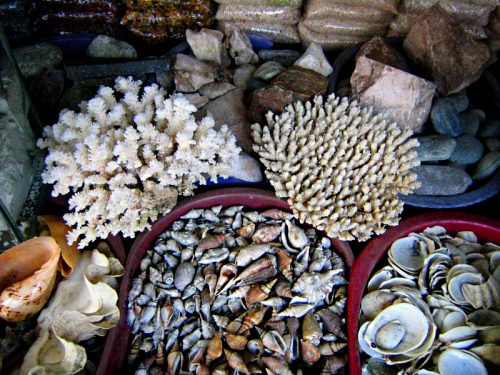
A Filipino environmental group offers a solution. “Now is the perfect time to shift to sustainable alternatives to corals and seashells,” says Gregg Yan, founder and director of environmental nonprofit Best Alternatives.
Though legally protected, corals – generally classified as either ‘hard’ or ‘soft’ depending on whether they form skeletons made of calcium carbonate – are collected for the aquarium, jewellery and curio (display) trades. Live hard and soft corals are kept by many aquarium hobbyists but require state-of-the-art equipment and special care to survive.
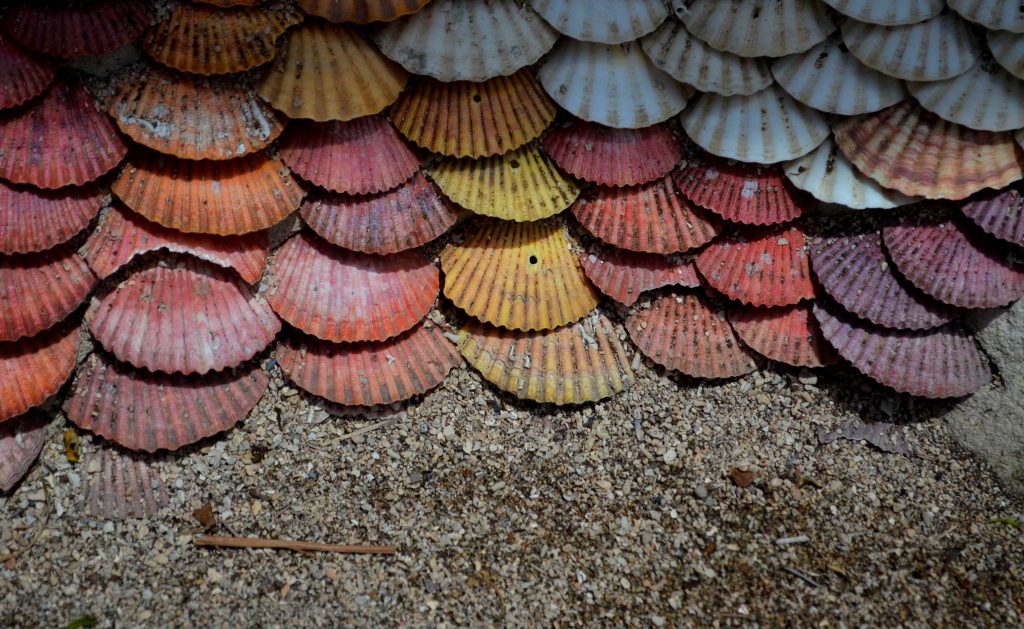
Slow-growing red corals are hewn into jewellery, while plate, staghorn and mushroom corals are collected, dried and bleached for display. Vast numbers of seashells and other invertebrates like seastars are also gathered, dried and exported to other nations.
The Fisheries Code of the Philippines (RA 10654) prevents the gathering, possession, transport and sale of ordinary, semi-precious and precious corals except for scientific or research purposes – with fines ranging from P500,000 to P10,000,000. Many seashells like giant clams and tritons are also legally protected.
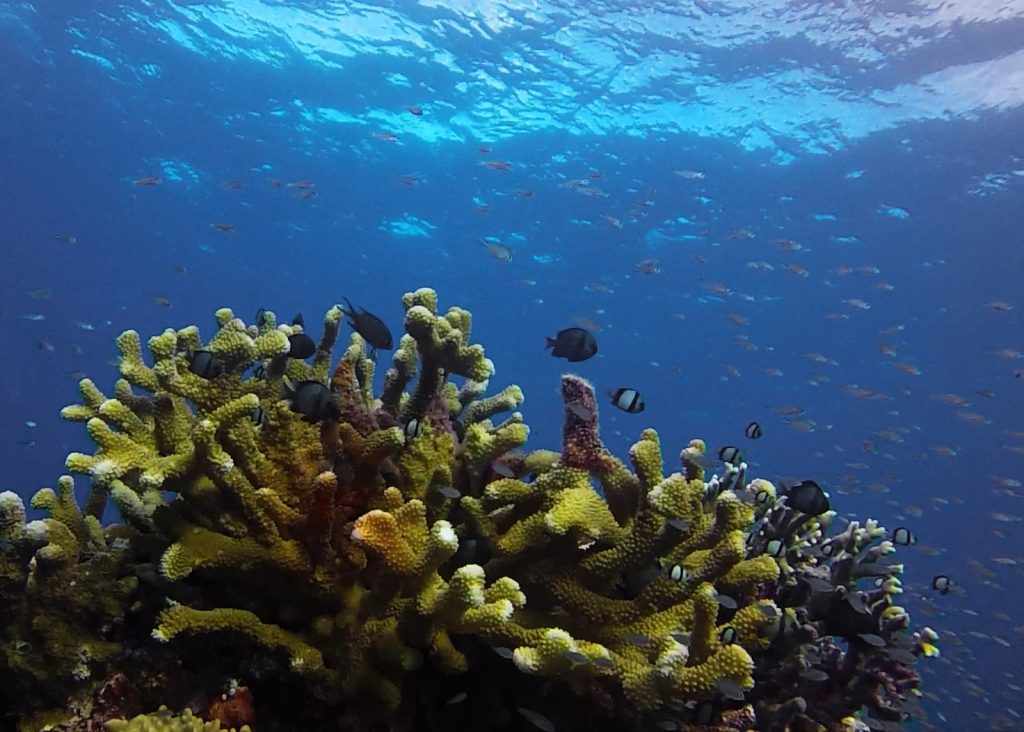
“The damage wrought by the illegal trade in corals is immense. We’re happy to finally see the fight against the trade taken seriously. This gives hope that as a country, we are taking a stand to protect our precious natural resources,” adds Vanessa Vergara, executive director of Reef Check Philippines.
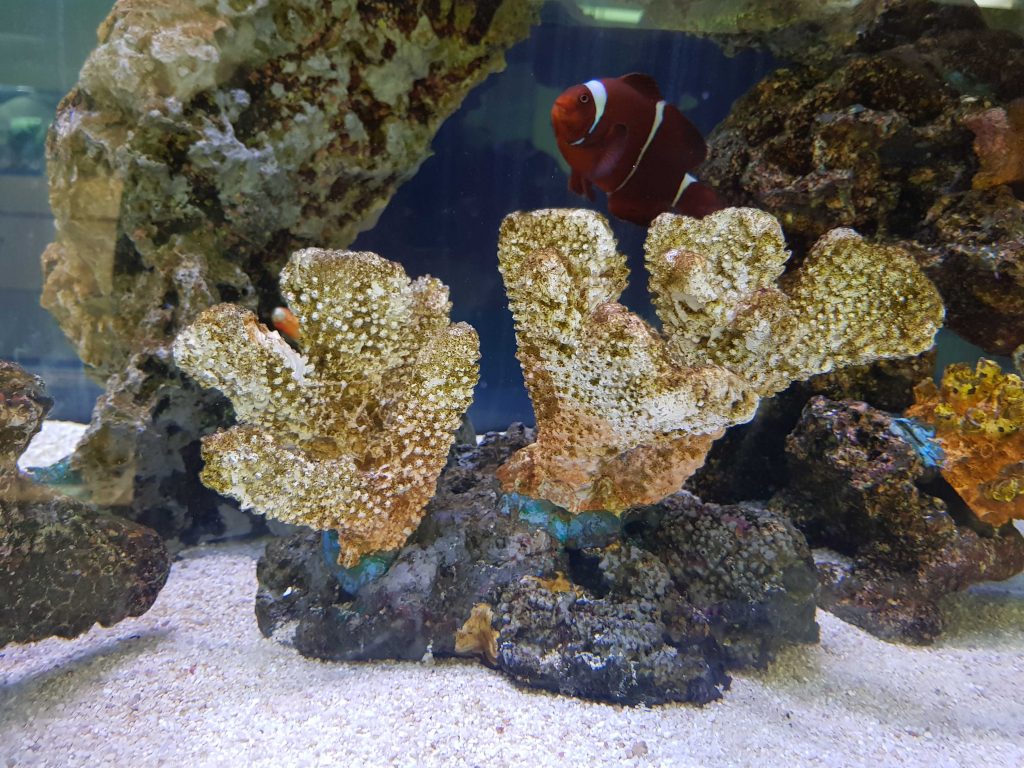
Best Alternatives asks people who love the beauty of corals to shift to artificial alternatives. “Made of rubber, resin or polymer, faux corals are painted and crafted to look real. A shift to them eliminates our need to source corals from the wild,” says Yan.
The Philippine Marine and Reef Aquarium Society agrees, asking marine aquarium hobbyists to shift from wild-caught to artificial corals, do proper research before keeping marine animals and participate in activities like coastal clean-ups to give back to the sea.
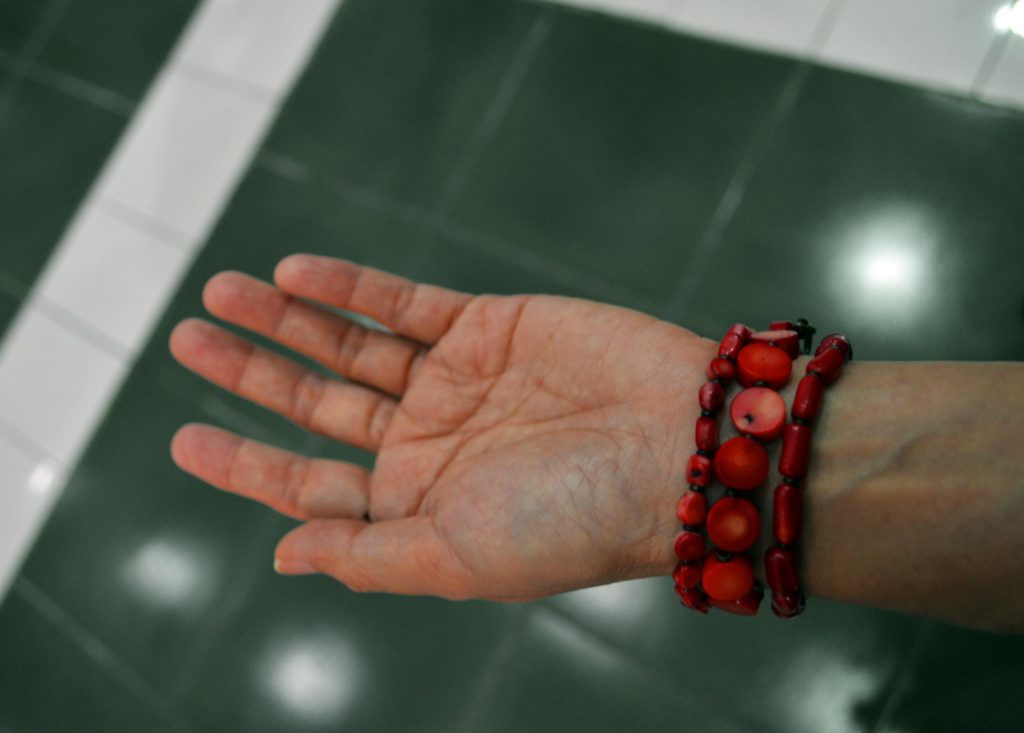
“Seashells and jewellery like red coral bracelets and tortoiseshell necklaces can easily be made from alternative materials like hard plastic,” concludes Yan. “Why flaunt how we can wear rare jewellery when we can take great pride in wearing eco-conscious alternatives? By shifting to more Earth-friendly choices, we can spare our seas from further damage.”
About Best Alternatives:
Founded by environmentalist Gregg Yan in 2014 and co-led by proponents all around the globe, Best Alternatives is an environmental communications think-tank which presents sustainable and profitable solutions to meet a host of ecological challenges – ranging from better ways to generate renewable energy to best practices for the seafood industry. For more information, contact [email protected].

